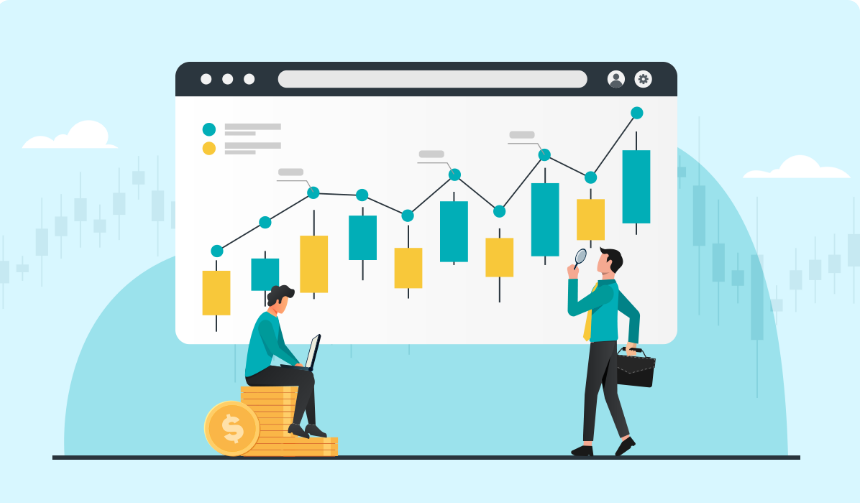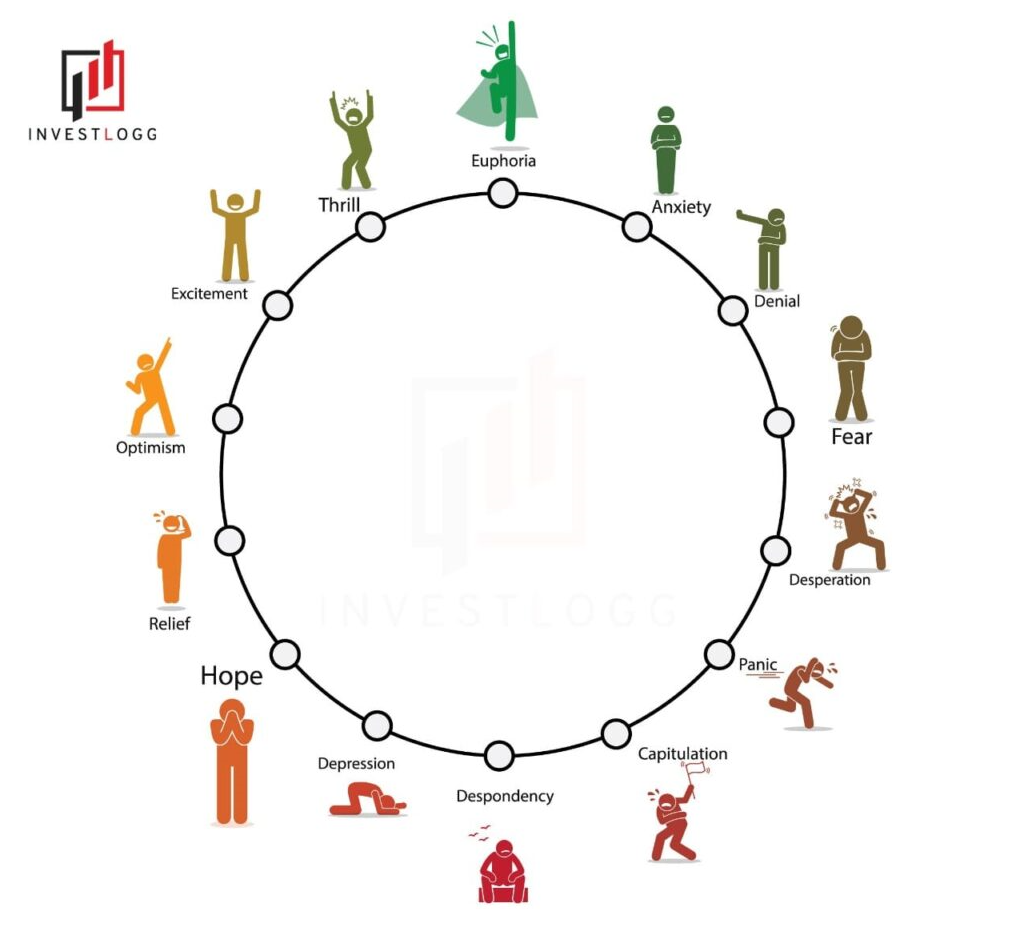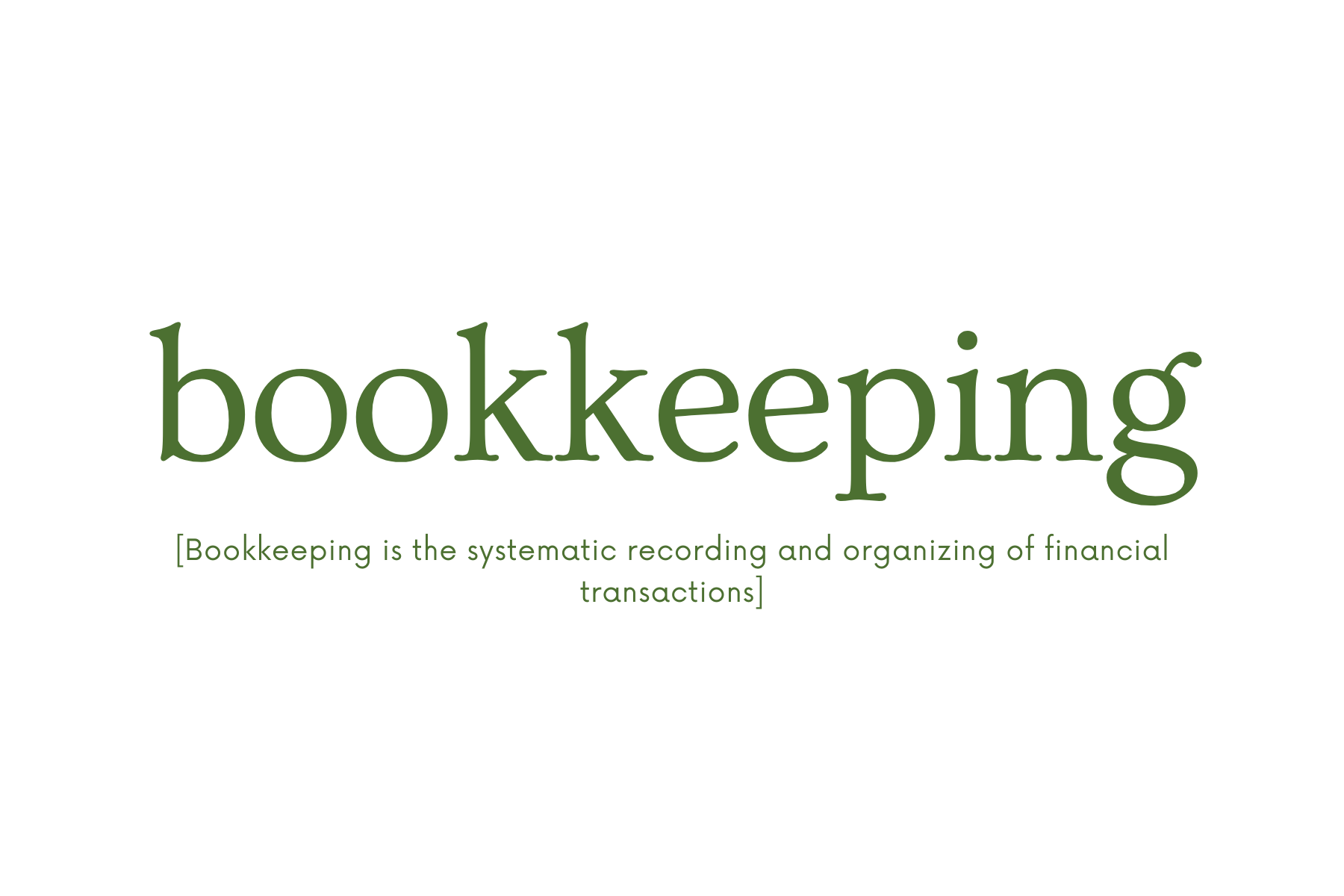SEO - Content Writer

As a proficient SEO content writer, I excel in crafting compelling, keyword-optimized content that boosts online visibility and drives organic traffic, helping businesses succeed in the digital landscape. Below, you can explore some of my sample works.
You can also check my personal blog.
A Beginner's Guide to Forex Trading
By NIÑO MAANDAL Updated September 22, 2023

*This image was created by fxtrendo and is available on https://fxtrendo.com/blog/575/The-Best-Forex-Trading-Strategies-According-to-The-Biggest-Traders
Forex trading, often referred to as international currency exchange, stands as a worldwide arena for the exchange of various currencies. It ranks among the most substantial financial markets globally, boasting a daily trading volume surpassing $6 trillion. For those embarking on their forex trading journey, this article intends to furnish you with a fundamental comprehension of its operations, alongside essential advice to commence.
Understanding Forex Trading
Currency Pairs: Forex trading involves trading currency pairs, where you buy one currency and sell another. For example, the EUR/USD pair represents the euro as the base currency and the U.S. dollar as the quote currency. When you buy EUR/USD, you're essentially buying euros and selling dollars.
Leverage: Forex trading allows traders to use leverage, which means you can control a larger position size with a relatively small amount of capital. While leverage can amplify profits, it also increases the risk of significant losses, so use it cautiously.
Market Hours: The forex market operates 24 hours a day, five days a week, due to its global nature. It's divided into four major trading sessions: Sydney, Tokyo, London, and New York. These sessions overlap, creating peak trading times
Getting Started
Education: Before you start trading, educate yourself about the forex market. Learn about technical and fundamental analysis, trading strategies, and risk management. Numerous online resources, courses, and books are available to help you get started.
Choose a Reliable Broker: Selecting a reputable forex broker is crucial. Ensure they are regulated by a recognized authority, offer competitive spreads, provide a user-friendly trading platform, and have good customer support.
Demo Trading: Most brokers offer demo accounts where you can practice trading with virtual money. This is a great way to familiarize yourself with the platform and test your trading strategies without risking real capital.
Trading Strategies
Technical Analysis: This involves analyzing historical price charts and using indicators to make trading decisions. Common indicators include moving averages, RSI, and MACD.
Fundamental Analysis: This approach looks at economic and political factors that can impact currency values. Factors such as interest rates, inflation, and geopolitical events can influence currency prices.
Risk Management: Never risk more than you can afford to lose on a single trade. Use stop-loss orders to limit potential losses and set realistic profit targets.
Final Thoughts
Forex trading can be both rewarding and challenging. Success in this market requires a solid understanding of the fundamentals, a well-thought-out trading plan, and disciplined risk management. It's important to start small, gain experience through practice, and continuously educate yourself to improve your trading skills. Remember that forex trading carries inherent risks, and there are no guarantees of profit. It's a journey that requires patience and commitment, but with the right approach, it can be a valuable addition to your financial portfolio.
______________________________________________________________________________________________________________________________________________________________________________
Mastering Trading Psychology:
The Key to Success
By NIÑO MAANDAL Updated September 22, 2023

*This image was created by investlogg and is available on https://investlogg.com/trading-psychology-of-emotional-trader/
Trading psychology is a critical aspect of achieving success in the financial markets. While it's essential to have a solid trading strategy and risk management plan, your mindset and emotions play a significant role in determining your outcomes. In this article, we'll explore the importance of trading psychology and provide tips on how to develop a strong mental approach to trading.
The Role of Psychology in Trading
Emotions like fear, greed, and overconfidence can lead to impulsive decisions and erratic trading behavior. These emotional responses often result in losses and missed opportunities. To become a successful trader, it's essential to recognize and manage these emotions effectively.
Common Psychological Challenges in Trading
Fear and Anxiety: Fear of losing money can lead to hesitation and missed opportunities. Traders may also hold onto losing positions longer than they should, hoping for a reversal.
Greed: Overconfidence and the desire for quick profits can lead to reckless trading and excessive risk-taking.
Impatience: Trading requires discipline and patience. Impatient traders may enter trades prematurely or exit them too soon, missing out on potential profits.
Revenge Trading: Trying to recover losses by immediately entering another trade can lead to a cycle of losses and emotional distress.
Tips for Mastering Trading Psychology
Develop a Trading Plan: Having a well-defined trading plan with clear entry and exit strategies can help reduce emotional decision-making. Stick to your plan, even when emotions run high.
Risk Management: Limit the amount of capital you risk on each trade. This helps reduce the fear of losing substantial sums and prevents impulsive decisions.
Practice Patience: Avoid chasing after quick profits. Let your trades play out according to your plan, and don't be hasty in making decisions.
Stay Informed: Continuously educate yourself about the financial markets. Knowledge can boost your confidence and help you make informed decisions.
Maintain Emotional Balance: Recognize your emotional triggers and develop techniques to stay calm and rational. This may include meditation, deep breathing exercises, or taking breaks during volatile market conditions.
Keep a Trading Journal: Document your trades, including your thought process and emotions at the time. Reviewing your journal can help you identify patterns in your behavior and make necessary adjustments.
Accept Losses: Losses are a part of trading. It's crucial to accept them and view them as learning experiences rather than failures.
Conclusion
Trading psychology is a fundamental aspect of becoming a successful trader. While it's natural to experience emotions when trading, learning to manage them is key to making rational decisions and maintaining discipline. By developing a solid trading plan, practicing risk management, and cultivating emotional balance, you can improve your trading psychology and increase your chances of success in the financial markets. Remember that trading is a journey that requires continuous self-improvement and adaptability, and mastering your psychology is a crucial step along the way.
______________________________________________________________________________________________________________________________________________________________________________
Finding Harmony:
The Art of Work-Life Balance
By NIÑO MAANDAL Updated September 22, 2023
 *This image was created by getmailbird and is available on https://www.getmailbird.com/work-life-balance-strategies/
*This image was created by getmailbird and is available on https://www.getmailbird.com/work-life-balance-strategies/
In today's fast-paced world, achieving a work-life balance has become a challenging but essential endeavor. Balancing the demands of a career with personal life is not only crucial for our well-being but also for long-term success. This article explores the importance of work-life balance and provides practical tips for achieving it.
Why Is Work-Life Balance Important?
Health and Well-being: An excessive focus on work can lead to burnout, stress, and various health issues. A balanced life promotes physical and mental health, reducing the risk of chronic illnesses and improving overall well-being.
Quality Relationships: Spending time with loved ones and nurturing relationships is vital. Neglecting personal life in favor of work can strain relationships and lead to feelings of isolation.
Increased Productivity: Striking a balance between work and personal life enhances productivity. Regular breaks and time off rejuvenate your mind, allowing you to return to work with renewed energy and creativity.
Personal Growth: Pursuing hobbies, interests, and passions outside of work contributes to personal growth and a sense of fulfillment. A well-rounded life offers opportunities for self-discovery and skill development.
Tips for Achieving Work-Life Balance
Set Boundaries: Clearly define your work hours and stick to them. Avoid bringing work home unless it's absolutely necessary
Prioritize Tasks: Focus on completing high-priority tasks during work hours. Efficient time management reduces the need to work overtime.
Learn to Say No: It's essential to recognize your limits and decline additional work or commitments when you're already stretched thin.
Delegate Responsibility: Don't be afraid to delegate tasks at work and enlist help at home. Delegation empowers others and reduces your workload.
Take Regular Breaks: Short breaks during the workday can help refresh your mind and boost productivity. Use lunch breaks to step away from your desk and unwind.
Set Personal Goals: Just as you set career goals, establish personal goals related to your hobbies, family, and personal growth. These goals provide a sense of purpose beyond the workplace.
Digital Detox: Limit screen time, especially during personal time. Unplugging from electronic devices helps you be present with loved ones and engage in leisure activities.
Schedule "Me Time": Allocate time for self-care and relaxation. Whether it's reading a book, going for a walk, or practicing mindfulness, make self-care a priority.
Regular Exercise: Incorporate regular physical activity into your routine. Exercise is an excellent stress reliever and promotes overall health.
Seek Support: Don't hesitate to seek support from your employer, family, or friends when needed. Discuss your work-life balance concerns and explore potential solutions.
Conclusion
Work-life balance is not a one-size-fits-all concept; it's a personal journey that requires ongoing attention and adjustment. Prioritizing your well-being and personal life alongside your career is vital for long-term happiness and success. By setting boundaries, managing time effectively, and nurturing your personal interests, you can achieve a harmonious balance between your professional and personal life. Remember that finding this equilibrium is an ongoing process, and it's perfectly okay to seek help and make changes along the way to ensure you lead a fulfilling life.
______________________________________________________________________________________________________________________________________________________________________________
With my professional SEO content writing services suited to a variety of companies, unleash the power of your online presence. I write engaging content that increases your search engine results and draws people to everything from therapy services to plumbing companies to travel agencies to neighborhood businesses. Let's improve your brand with interesting, search engine optimized material that appeals to your target market.

